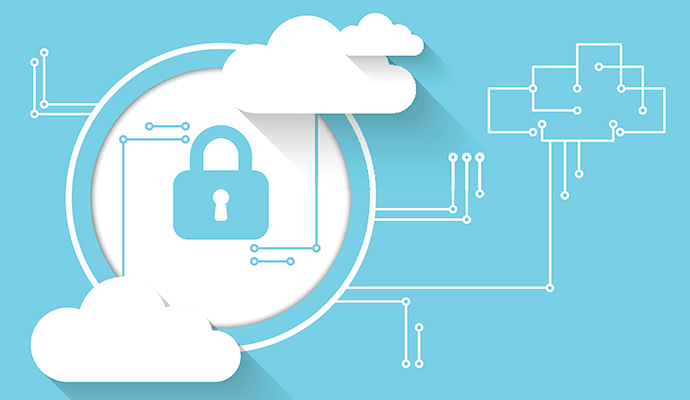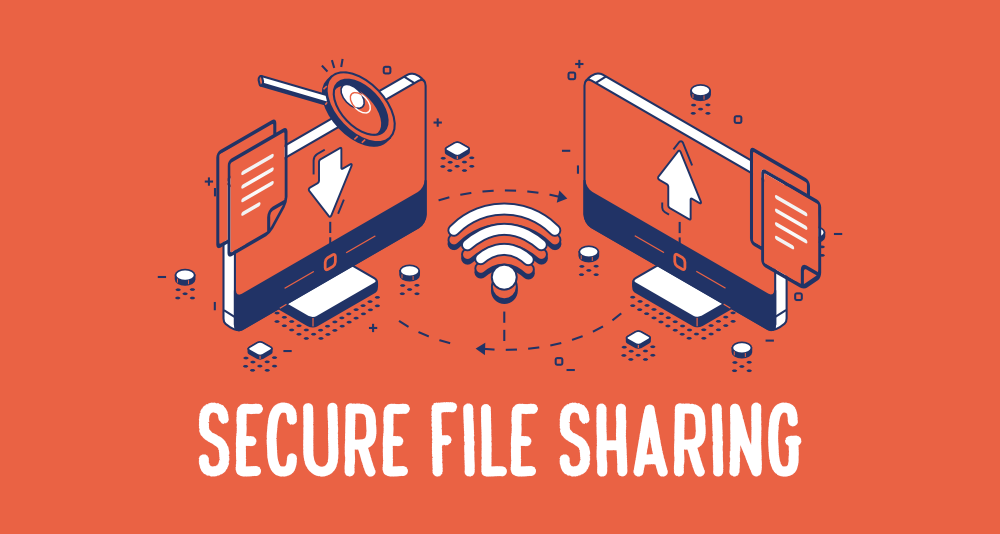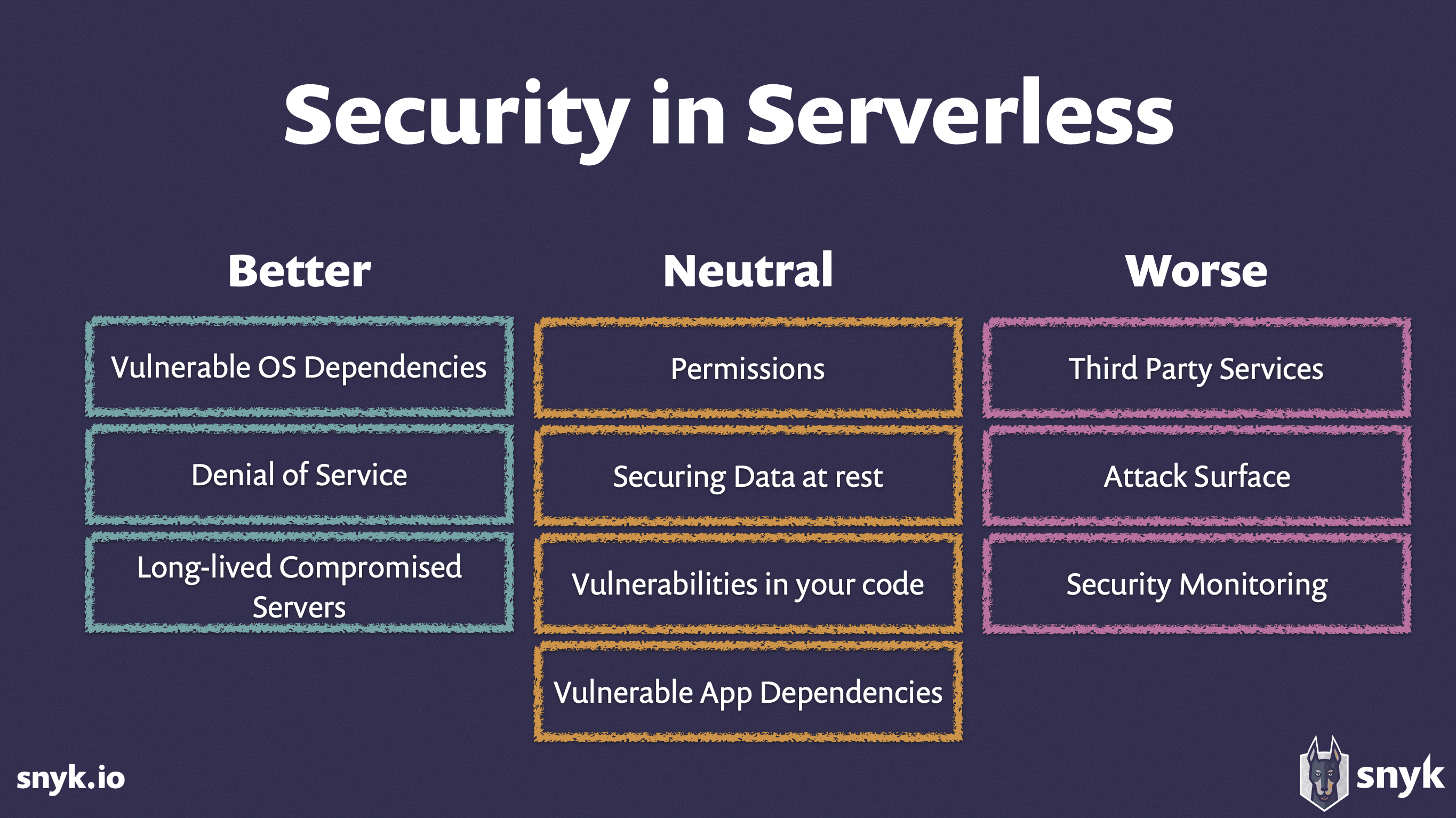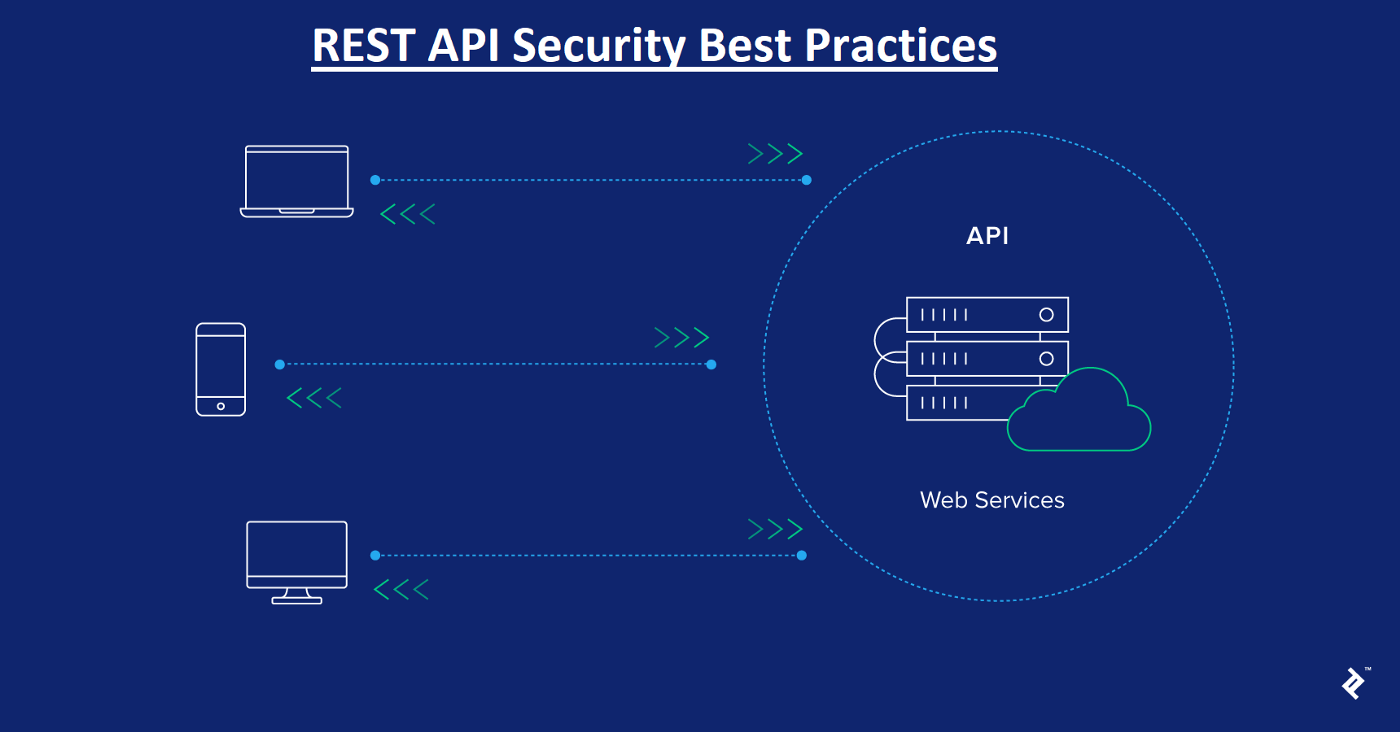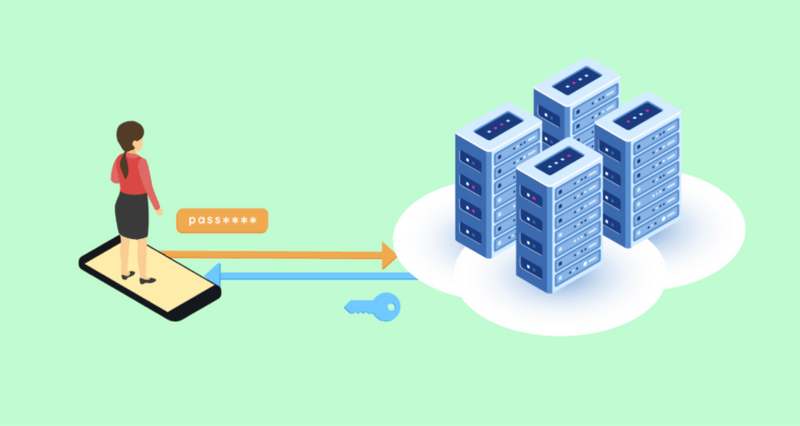
In today's digital age, web applications play a pivotal role in our daily lives, serving as platforms for communication, shopping, banking, and more. As the dependency on web applications grows, so does the need for robust security measures to protect sensitive user data and prevent unauthorized access. One crucial aspect of web application security is secure session management. In this article, we will delve into the significance of secure session management and explore how it ensures a safer online experience for users and organizations alike.
Understanding Sessions in Web Applications
A session in the context of web applications refers to a user's interaction with the website during a specific time period. When a user visits a web application, the server creates a unique session for that user, which allows the server to identify and track the user's activities while they are logged in. The session is maintained until the user logs out or the session expires due to inactivity.
Importance of Secure Session Management
Protection of Sensitive Data: Web applications handle vast amounts of personal and sensitive information, including usernames, passwords, financial details, and more. A breach in session security could lead to unauthorized access, identity theft, and financial fraud. Secure session management helps protect this critical data and ensures that users' privacy remains intact.
Preventing Session Hijacking: Session hijacking, also known as session stealing or session sidejacking, is a common attack where malicious actors intercept and steal an active session's identifier. By doing so, attackers can impersonate the legitimate user and gain unauthorized access to their account. Proper session management protocols, such as strong session identifiers and secure communication channels, can thwart such attacks.
Mitigating Session Fixation: Session fixation is another security threat where an attacker forces a user to use a predetermined session ID, enabling them to compromise the user's session. Secure session management involves techniques like generating session IDs upon user login rather than using fixed or predictable values, reducing the risk of such attacks.
Preventing Brute Force Attacks: Proper session management can help defend against brute force attacks, where attackers repeatedly attempt to guess a user's session identifier or credentials to gain access to the application. Implementing mechanisms to limit login attempts and employing strong session expiration policies bolster the application's resilience against such attacks.
Secure Cross-Site Request Forgery (CSRF) Protection: Secure session management is instrumental in mitigating CSRF attacks. CSRF occurs when a malicious website tricks a user's browser into performing actions on another site where the user is authenticated. By using tokens and tying them to a user's session, CSRF attacks can be thwarted, ensuring that only legitimate requests are processed.
Best Practices for Secure Session Management
Session Expiration: Set appropriate session expiration times to automatically log users out after a period of inactivity, reducing the window of opportunity for attackers to exploit idle sessions.
Strong Session ID Generation: Utilize cryptographically secure methods to generate session identifiers that are resistant to prediction or brute force attacks.
SSL/TLS Encryption: Always use HTTPS with SSL/TLS encryption to secure communication between the client and server, preventing eavesdropping and man-in-the-middle attacks.
Session Revocation: Implement mechanisms to allow users to log out remotely from all active sessions if they suspect unauthorized access.
Regular Security Audits: Conduct regular security audits and vulnerability assessments to identify and fix any weaknesses in the session management system.
Conclusion
Secure session management is not just a best practice; it is a fundamental requirement for any web application aiming to safeguard user data and maintain the trust of its user base. By following robust session management practices, web applications can prevent data breaches, protect users from unauthorized access, and bolster their overall security posture. As cyber threats continue to evolve, staying vigilant and adopting secure session management measures will remain essential in ensuring a safe and secure online experience for everyone.
